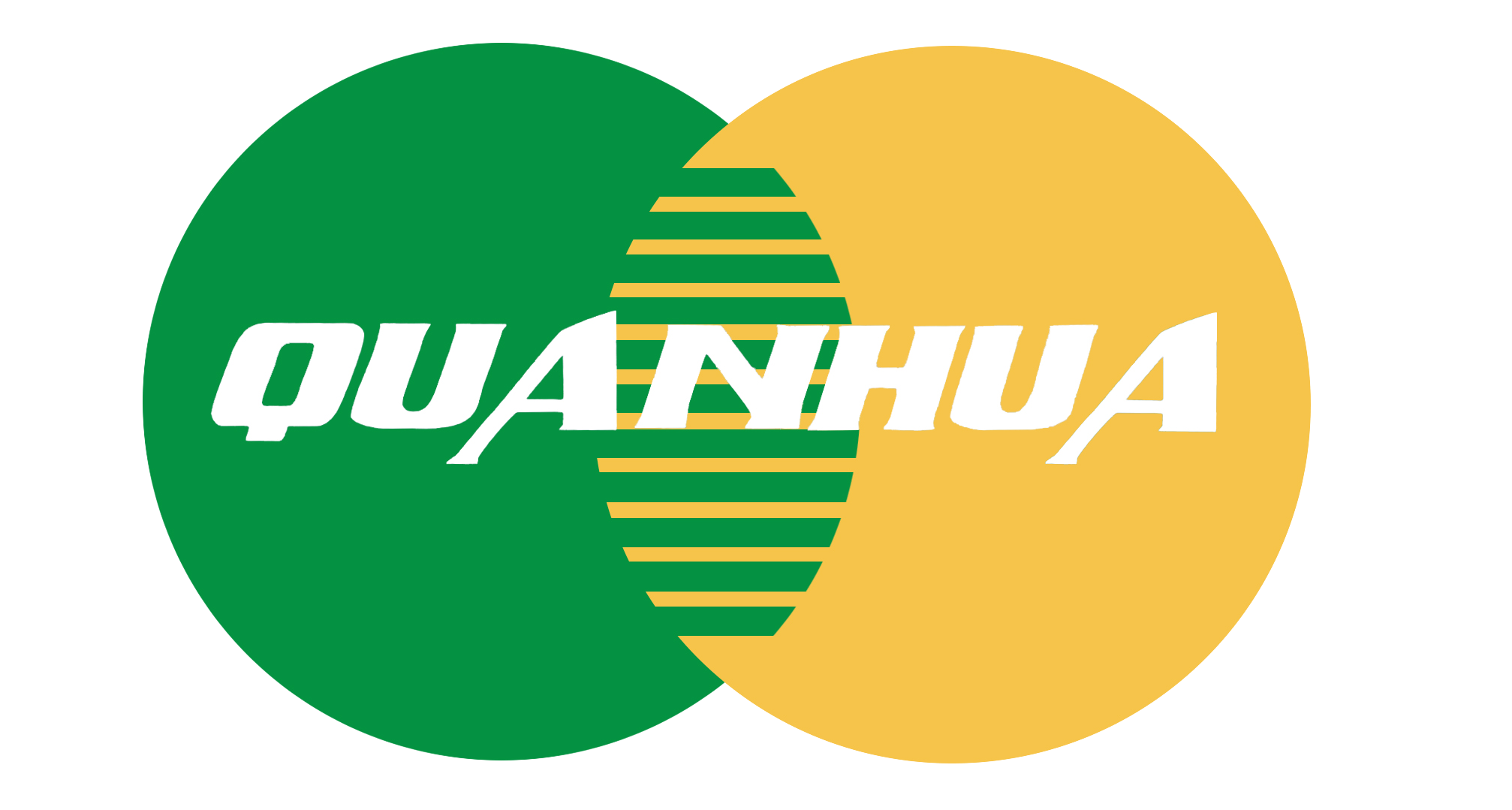Cornstarch vs Plastic Forks: A Sustainable Choice for Your Table
In today's environmentally conscious world, we are increasingly aware of the impact our everyday choices have on the planet. When it comes to disposable cutlery, the question of cornstarch vs plastic forks often arises. This article delves into the pros and cons of each material, guiding you towards the more sustainable and eco-friendly option.
Cornstarch Forks: A Renewable and Biodegradable Alternative
Cornstarch forks are made from polylactic acid (PLA), a bioplastic derived from renewable resources like cornstarch. This makes them a biodegradable and compostable option, breaking down naturally into organic matter when composted.
Advantages of Cornstarch Forks:
・Biodegradability and Compostability: Cornstarch forks contribute to a healthier ecosystem by reducing plastic waste in landfills and waterways.
・Eco-Friendly Production: Their manufacturing process utilizes renewable resources and generates fewer greenhouse gas emissions.
・Safe for Food Use: Cornstarch forks are food-grade and free from harmful chemicals, ensuring safe consumption.
・Durable and Heat-Resistant: They offer comparable strength and heat resistance to traditional plastic forks.
Plastic Forks: A Conventional Choice with Environmental Concerns
Plastic forks are made from petroleum-based plastics, a non-renewable resource. They are not biodegradable and contribute to the growing plastic pollution crisis.
Disadvantages of Plastic Forks:
・Environmental Impact: Plastic forks persist in the environment for centuries, harming wildlife and polluting ecosystems.
・Non-Renewable Resource: Their production relies on finite petroleum reserves, contributing to resource depletion.
・Potential Health Concerns: Some studies suggest exposure to microplastics from plastic degradation may pose health risks.
Making an Informed Choice: Cornstarch Forks as the Sustainable Winner
When comparing cornstarch and plastic forks, the environmental benefits of cornstarch forks are undeniable. They offer a biodegradable and eco-friendly alternative without compromising on functionality or safety.
Choosing Cornstarch Forks Means:
・Reducing Plastic Waste: You are actively contributing to a cleaner and healthier planet.
・Promoting Sustainability: You are making a conscious choice to conserve resources and protect the environment.
・Ensuring Safe Food Consumption: You are using food-grade cutlery that is free from harmful chemicals.
Conclusion: Embracing Sustainability with Cornstarch Forks
As we strive towards a more sustainable future, cornstarch forks emerge as a clear winner over traditional plastic forks. Their biodegradable nature, renewable resource origin, and food safety make them an excellent choice for individuals and businesses alike. By switching to cornstarch forks, we can collectively reduce our environmental footprint and create a greener future, one fork at a time.

